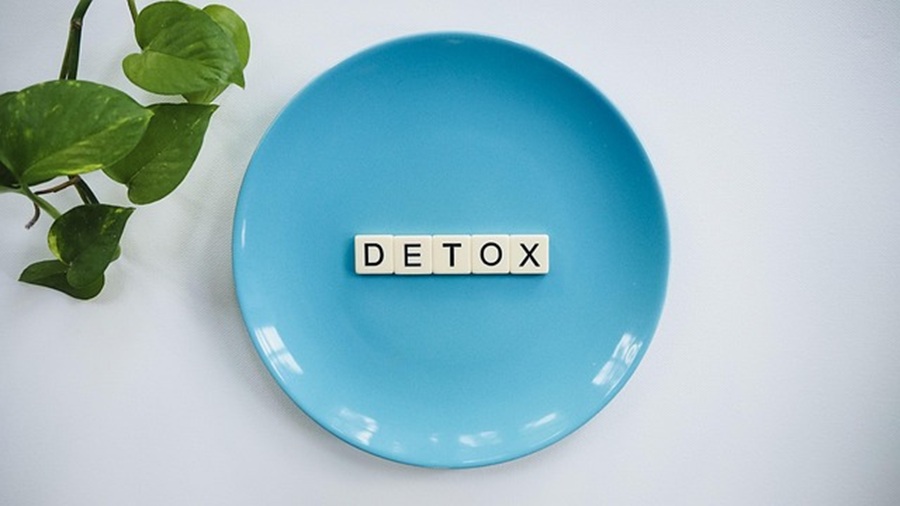Guide to Bowel Cleansing: Benefits, Risks, and Best Methods

Your digestive system, especially the large intestine or colon, already performs its roles every single day. The colon is a vital organ that processes waste, extracts what your body needs, and sends the rest on its way. However, people with severe constipation or fecal impaction are advised by doctors to undergo a colon cleansing. Moreover, colon cleansing is making waves in the health world, with many practitioners claiming it can benefit digestive health. The question now is, should you do colon cleansing? We explore everything about colon cleansing, including the benefits, risks involved, and various safe methods.
What Do We Mean by “Bowel Cleansing”?
When people talk about “bowel cleansing” or “colon cleansing”, they generally mean deliberately flushing or purging part of that system.
It could be:
- A cleansing drink, juice diet or supplement that stimulates bowel movements.
- An enema or “colonic irrigation” (where fluid is introduced into the rectum to flush the colon).
- Or other “detox” methods that claim to rid the bowel of “toxins” or “waste buildup”.
The point is that the digestive waste can be toxins to the body, and getting rid of them can lead to better digestion, more energy, and weight loss. It’s also a reset and a hope it might help prevent disease.
But science says: your body is already doing a lot of this naturally.
The Benefits
Let’s walk through the commonly claimed benefits and then what studies actually show.
The Claims
Practitioners and producers of colon cleansing products claim it comes with a lot of benefits which include:
- Removes toxins from your colon.
- Gives you more energy and a better mood
- Helps with weight loss.
- Improves immune system function.
- Helps digestion and may lower the risk of colon cancer.
- Promotes overall well-being.
What Evidence Actually Supports
- When cleansing is done for a medical reason (like prepping for a colonoscopy), yes, it makes sense and is safe under guidance.
- For general “detox” or “better health” in healthy people? Very weak evidence. The body mostly handles waste removal fine on its own.
- Some natural methods, such as drinking plenty of water, eating fiber-rich foods, do support regular bowel movement and gut health.
Is Colon Cleansing?
Your colon is naturally wired to remove toxins and waste from the body through defecation.
Although you might feel lighter or have more movement if you’ve been constipated, there’s no strong evidence that aggressive colon cleansing is good for your health. In fact, it can sometimes mess with the microbiome by getting rid of good bacteria that are important for health.
The Risks
The risks of colon cleansing can be higher than the benefits. Here are the potential risks of bowel cleansing, especially the intense ones (colonic irrigation, large-volume enemas, etc.):
- Dehydration: While removing waste during colon cleansing, it can flush loads of fluid out and pull water out of your body. In extreme cases, dehydration can lead to kidney failure.
- Electrolyte imbalance: colon cleansing can mess up with things like sodium, potassium and can lead to serious health issues.
- Infection: instruments or poorly sterilized equipment? That’s a call to infection.
- Bowel or rectal perforation: there is the “hole in the gut” risk when tubes/irrigation are involved.
- Disturbing your gut microbiome: Your gut has good bacteria. Over-cleansing can remove them.
- Worsening existing issues: If you have certain intestinal or kidney/heart problems, you’re in a higher risk zone.
While some methods might look harmless, the aggressive stuff is far from risk-free.
Best Methods
If you’re thinking, “Ok, I still want to give my gut a reset,” there are safer, more evidence-based tracks rather than full-blown colonic irrigation every week.
- Hydration: Simply drinking enough water helps in making food move easily through the digestive system and ensures your stool stays soft.
- High-fibre diet: Fruits, vegetables, whole grains. These feed your gut bacteria and boosts bowel movements.
- Regular exercise: Movement stimulates your digestion, and just jogging, running, or any exercise that gets your heart rate up will do.
- Probiotics / gut-friendly foods: There are foods that have helpful bacteria, such as yogurt, kombucha, or any fermented foods. These foods support your gut health.
- Gentle supplements/teas: Cautiously. It’s good to check with a doctor. Some laxative herbs overused, become problematic.
- Medical preparation cleanses: When your doctor tells you to prep for a colonoscop,y etc, follow that (that’s valid). Outside that? Much more caution.
What to Avoid or Be Very Cautious With
- Colonic irrigation and large-volume flushes unless supervised by medical professionals.
- Repeated use of strong enemas or laxatives for “detoxing.”
- Believing that “toxins” in your colon are a huge hidden reservoir needing regular flushing (that’s mostly myth).
- Ignoring medical conditions: If you have heart disease, kidney disease, inflammatory bowel disease, or prior surgeries, cleansing becomes riskier.
Is Colon Cleansing For You?
Before getting started, ask yourself:
- Am I just constipated or irregular? Or do I have serious gut symptoms?
- Do I have underlying conditions (kidney, heart, GI disease)?
- Do I feel like I need an intense flush or would simple dietary or lifestyle changes work?
- Have I talked to a healthcare provider? Especially if the method I’m considering is intensive.
If the answer to “serious medical condition” is yes, then an intense cleanse isn’t something to jump into. If it’s a mild irregularity and you’re otherwise healthy, stick to gentle methods.
Summary
Your body’s built to manage waste. Your liver, kidneys, gut they’re not lazy. They’ve been doing this longer than any cleanse fad.
If you do pick a cleansing method, know why you are doing it. Because the goal isn’t just a “clean colon”, it’s a healthy body.




